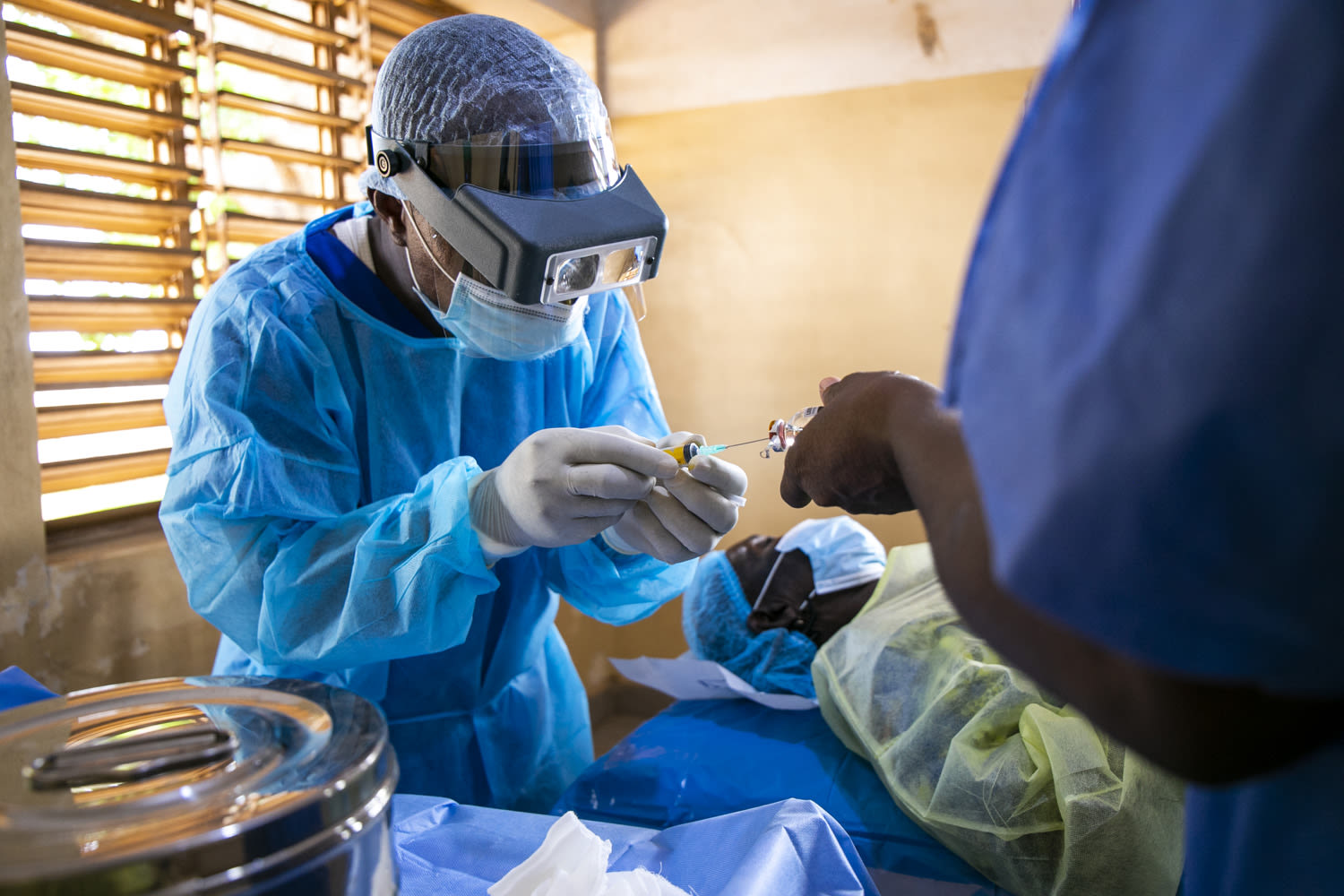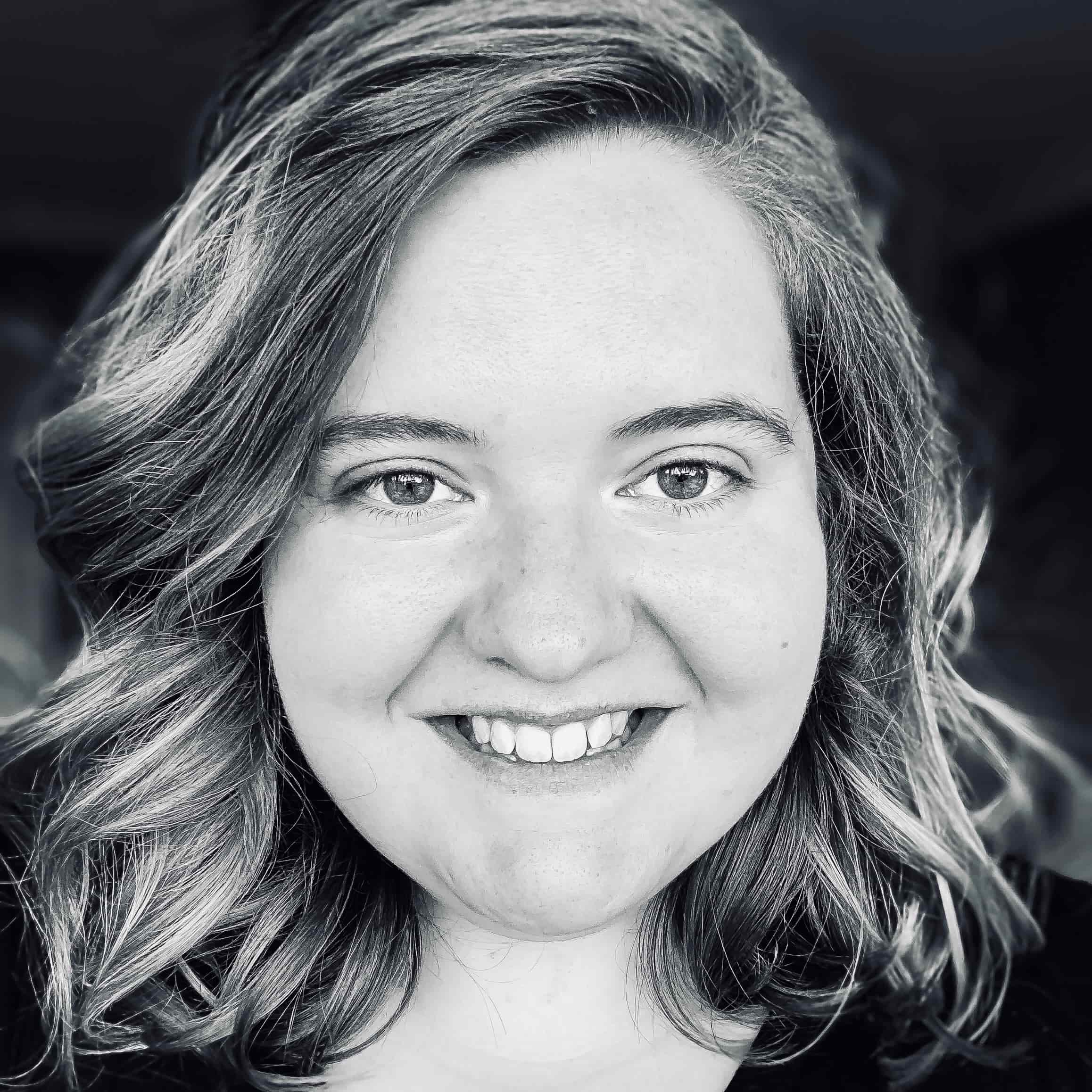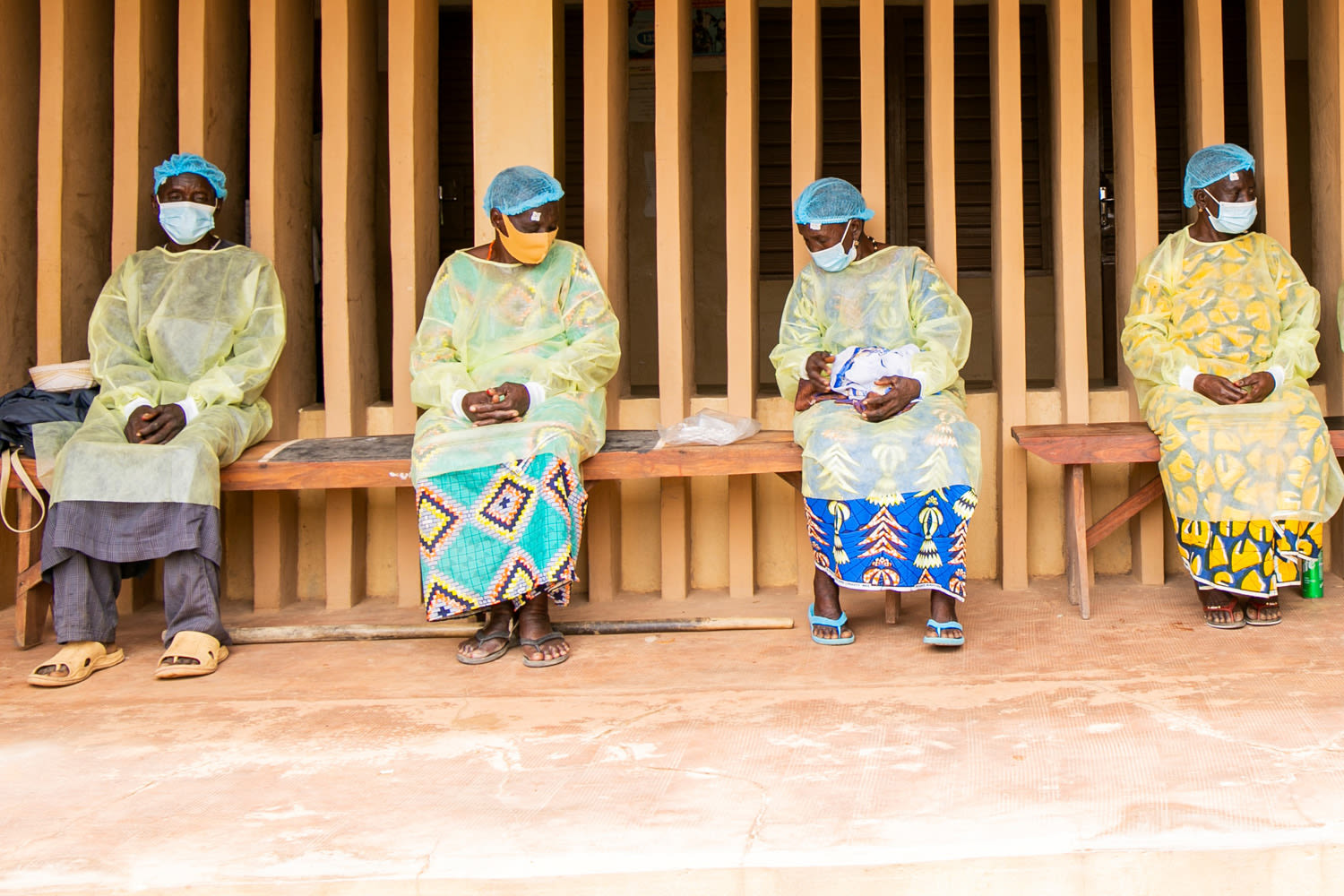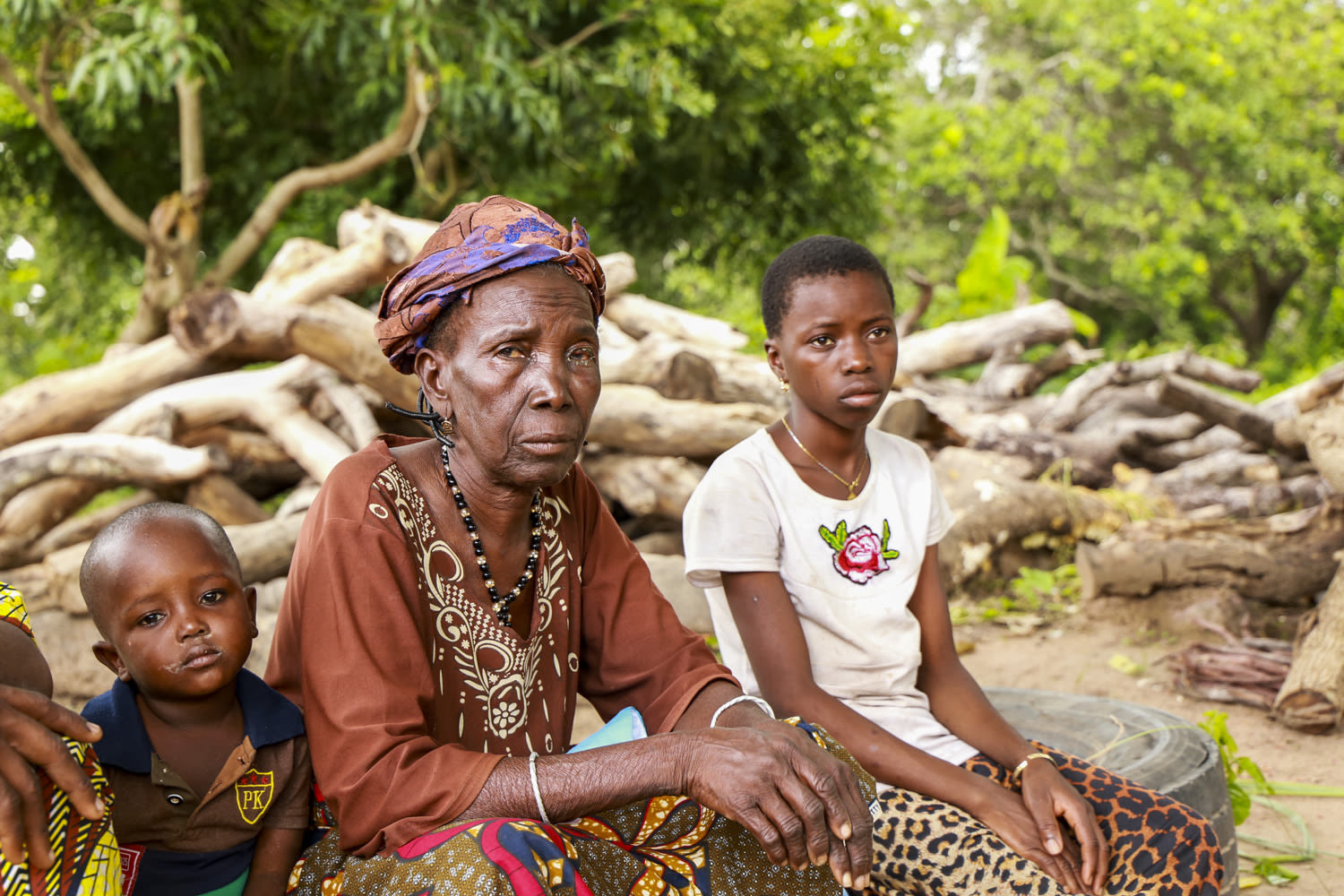How Sightsavers helped Benin eliminate devastating eye disease
Benin has become the fifth country in Africa to eliminate trachoma, a disease that can cause life-altering effects, as a public health problem. The disease is a devastating condition that can turn eyelashes in so that they scrape painfully against the eyeball – if left untreated it can lead to permanent sight loss.
The elimination, announced by the World Health Organization, proves the value of investing in the global fight against neglected tropical diseases like trachoma. It follows many years of sustained action by the Benin government and a network of support, including by Sightsavers – an organisation that Virgin Unite has supported as part of the Audacious Project.
When trachoma elimination work began in 2013, three million people – a third of the population – were at risk from trachoma. Thanks in part to the Virgin Unite-funded Accelerate programme, Sightsavers and partners including USAID, RTI, FHI360 and ITI, supported the Benin government in:
Delivering 1.9 million antibiotic treatments
Conducting nearly 700 trachoma surgeries for the advanced stage of the disease
Reaching more than 1.2 million households with facial cleanliness and hygiene practices
Training 13 surgeons to strengthen the country’s existing health system
“Virgin Unite and I have been delighted to support Sightsavers as they’ve worked with the people and government of Benin to eliminate the painful and blinding disease, trachoma,” Richard Branson, founder of Virgin Unite and the Virgin Group, said. “The effects of trachoma on families, communities and countries have been catastrophic, especially on women, who are four times more likely to lose their sight to trachoma than men. Congratulations to Benin – now we can’t wait to turn this into a race, a race to see which country will eliminate trachoma next.”
Pelagie Boko-Collins, Sightsavers NTD lead in Benin added: “Eliminating a disease on this scale is a massive achievement for our country. Today, 3.4m people in Benin are no longer at risk of losing their sight to this agonising disease thanks to hard work, commitment and collaboration between government, health workers, volunteers and organisations like Sightsavers.
“Diseases like trachoma hit the poorest people hardest. When we invest in eliminating diseases of poverty, we strengthen the systems that enable everyone to access healthcare. Making intelligent investments to end NTDs now could save billions of dollars later.”
Trachoma remains one of the leading causes of blindness worldwide and still affects people in more than 40 countries – the vast majority of whom are in Africa. Yet it costs just 15p per person to treat a community for the disease with the use of antibiotics.
Trachoma is part of a set of conditions called neglected tropical diseases (or NTDs). These diseases affect more than a billion people around the world, but they can be prevented, treated and even eliminated. Benin joins 16 other endemic countries in achieving this milestone. The benefits of ending diseases of poverty such as trachoma are felt throughout society as the impact transforms lives and communities – more children can learn, and more adults can earn.
Visit Sightsavers to learn more about its work.






